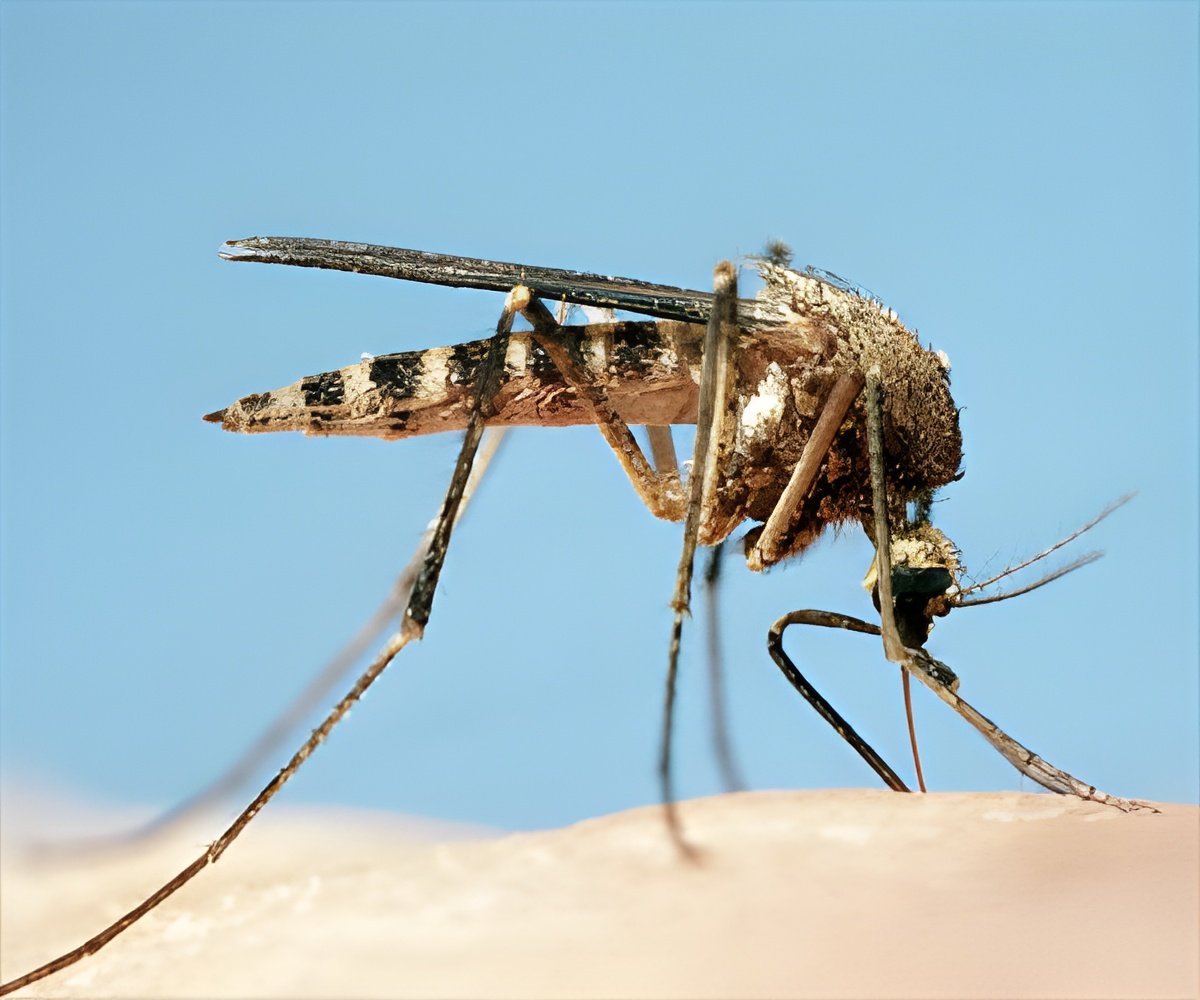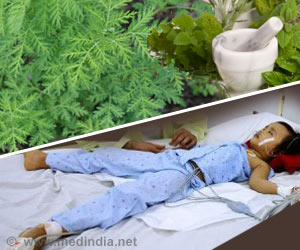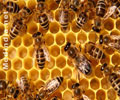
One of the big questions is, 'Why are some insect species infected with Wolbachia while others are not?' Our research provides a potential answer -- maybe competitive interactions with Asaia, or other bacteria present in the insects, determine whether Wolbachia can infect the germline, be transmitted and invade the population, which is a desired outcome if Wolbachia is to be a successful control agent for malaria or other vector-borne pathogens. Both Wolbachia and Asaia are independently being evaluated as potential control agents for vector-borne pathogens; our research suggests that maybe these two strategies are not compatible.
According to Rasgon, in the insects in which it naturally occurs, Wolbachia is transmitted vertically from mother to offspring, but over evolutionary time it often has been transmitted horizontally between insect groups. "No one really knows why some species are infected and why some are not, and no one really knows what governs the successful acquisition of a horizontally acquired Wolbachia infection," he said. To conduct their study, the researchers injected Wolbachia into female Anopheles adults and measured transmission to offspring. "We found that under normal circumstances, Wolbachia was transmitted very poorly and that Wolbachia-injected mosquitoes died after bloodfeeding," said Rasgon. "However, when we reared mosquitoes with antibiotics prior to Wolbachia injection, Wolbachia was transmitted much more efficiently and mosquitoes survived after bloodfeeding."
The team then used a DNA sequencing technique to identify all of the bacteria --the "microbiome" -- in the antibiotic-treated and control mosquitoes. They found that Asaia was specifically reduced by the antibiotic treatment in two different Anopheles species. The scientists then generated an antibiotic-resistant Asaia mutant and supplemented this bacterial mutant back to the antibiotic-treated mosquitoes. They found that after they recolonized the antibiotic-treated mosquitoes with Asaia, Wolbachia was no longer transmitted to offspring and mosquitoes died faster after bloodfeeding. The results appear in today's (August 11) issue of the Proceedings of the National Academy of Sciences.
"With Asaia, we have identified the first specific barrier to Wolbachia maternal transmission," said Rasgon. "We have also shown that Wolbachia can interact with the other members of the mosquito microbiome. Finally, we have a potential hypothesis to explain the decades-old observation of the apparent lack of Wolbachia infection in Anopheles mosquitoes." In the future, the team plans to investigate whether the phenomenon of one species of bacteria blocking maternal transmission of other species holds true across a wider range of insect species. The researchers also hope to exploit their new knowledge to more easily establish stable Wolbachia infections in Anopheles and other mosquitoes.
Advertisement















